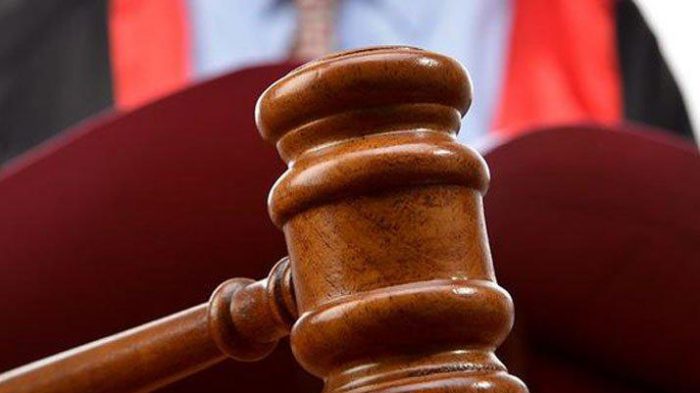Professor Sami Selçuk, the honorary president of Turkey’s Supreme Court of Appeals, has harshly criticized the practice of replacing judges, especially in critical trials, which has become widespread in Turkey, saying 99 percent of court rulings in the country are “null and void,” local media reported on Thursday.
Selçuk, former president of the top appeals court, on Thursday spoke during a meeting organized by the Turkish Democracy Foundation (TVD) titled “How to Build a System to Foster Freedom in Turkey.”
Among those who participated in the meeting at the parliament as speakers were TVD president Baki Mert, Future Party lawmaker Prof. Dr. Serap Yazıcı, Democratic Party (DP) MP Haydar Altıntaş, Democracy and Progress Party (DEVA) vice chair Burak Dalgın and journalists Metin Işık and Mehmet Ocaktan, in addition to Selçuk.
“Let me tell you this. Ninety-nine percent of the decisions made in Turkey today are invalid. Period. Because a judge is not changed mid-trial; nowhere in the world is this done. … There are two freedoms you cannot touch: freedom of expression and freedom of belief,” Selçuk said.
The honorary president was condemning the practice of replacing judges that has become widespread in Turkey, especially in politically motivated, critical trials, such as those concerning jailed businessman and philanthropist Osman Kavala, İstanbul’s opposition Mayor Ekrem İmamoğlu and pro-Kurdish lawmakers, including jailed Kurdish leader Selahattin Demirtaş, former co-chair of the pro-Kurdish Peoples’ Democratic Party (HDP).
The Committee of Ministers of the Council of Europe has stated in an earlier recommendation to member states that the independence of the judiciary depends on judges having a secure term of office, being irremovable and re-appointable with their consent, with dismissal only permissible in cases of serious breaches of the law or incapacity. The European Court of Human Rights has previously ruled that judges in the Turkish legal framework have neither such a guarantee nor an effective remedy to challenge decisions to transfer them without their request.
Turkish President Recep Tayyip Erdoğan had lambasted the judiciary in 2013 after a graft probe targeting the highest echelons of his government exposed a bribery scandal. He accused the judges and prosecutors as well as police officers involved in the investigation of working for the Gülen movement, a faith-based group critical of his administration.
Up until 2016, Erdoğan tried to redesign the judiciary by appointing loyalists to critical posts. In July 2016 a botched coup took place, the aftermath of which saw an unprecedented crackdown, mainly on Erdoğan’s opponents.
The Turkish government accuses the Gülen movement of masterminding the failed coup and labels it a “terrorist organization,” although the movement strongly denies involvement in the coup attempt or any terrorist activity.
Following the coup attempt, the Turkish government removed more than 130,000 civil servants, including some 4,000 judges and prosecutors, from their jobs due to alleged Gülen links.
In October, a letter sent to the Council of Judges and Prosecutors (HSK), Turkey’s top judicial board, İstanbul Chief Public Prosecutor İsmail Uçar detailed allegations of bribery, nepotism and other irregularities within the judicial system.
Following the development, the HSK, which decides on the appointment and promotion of members of the judiciary, reassigned 506 judges and prosecutors, including several facing bribery and other corruption investigations, in December.



